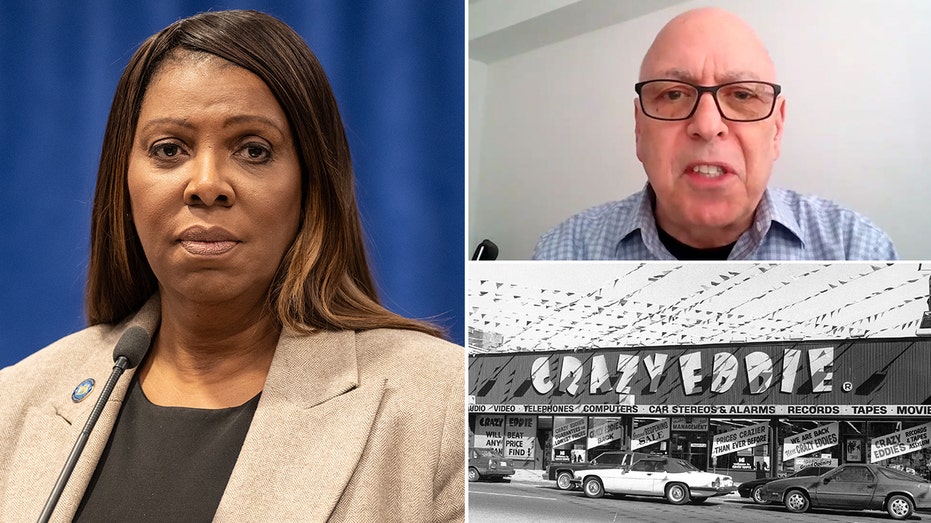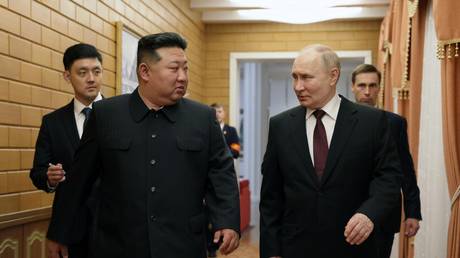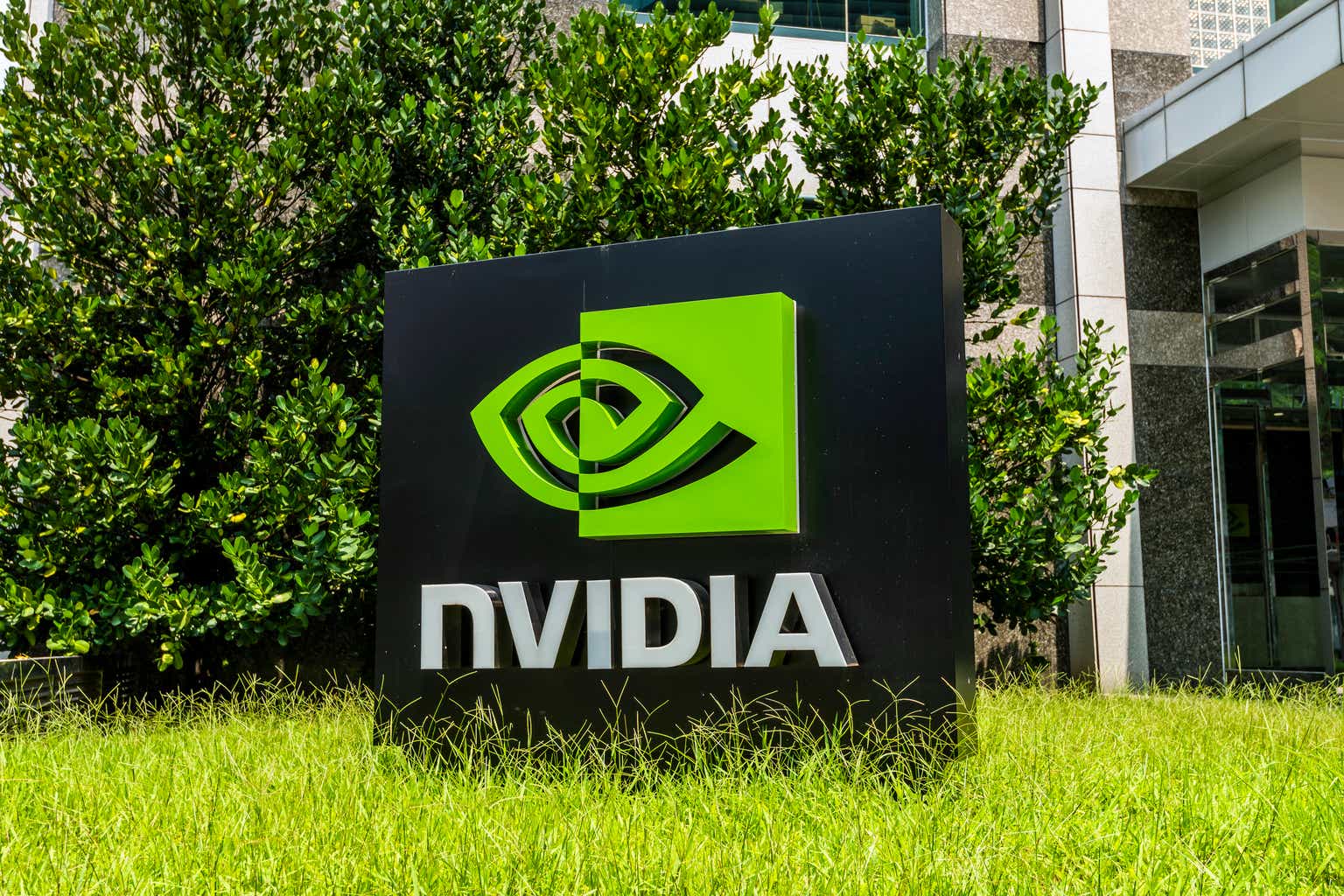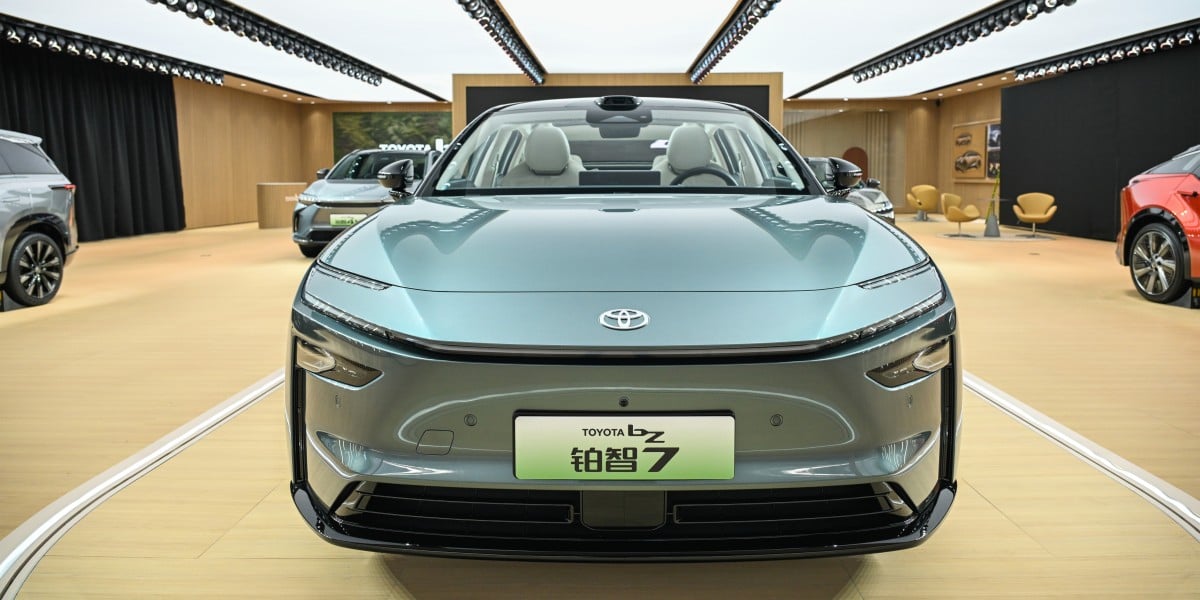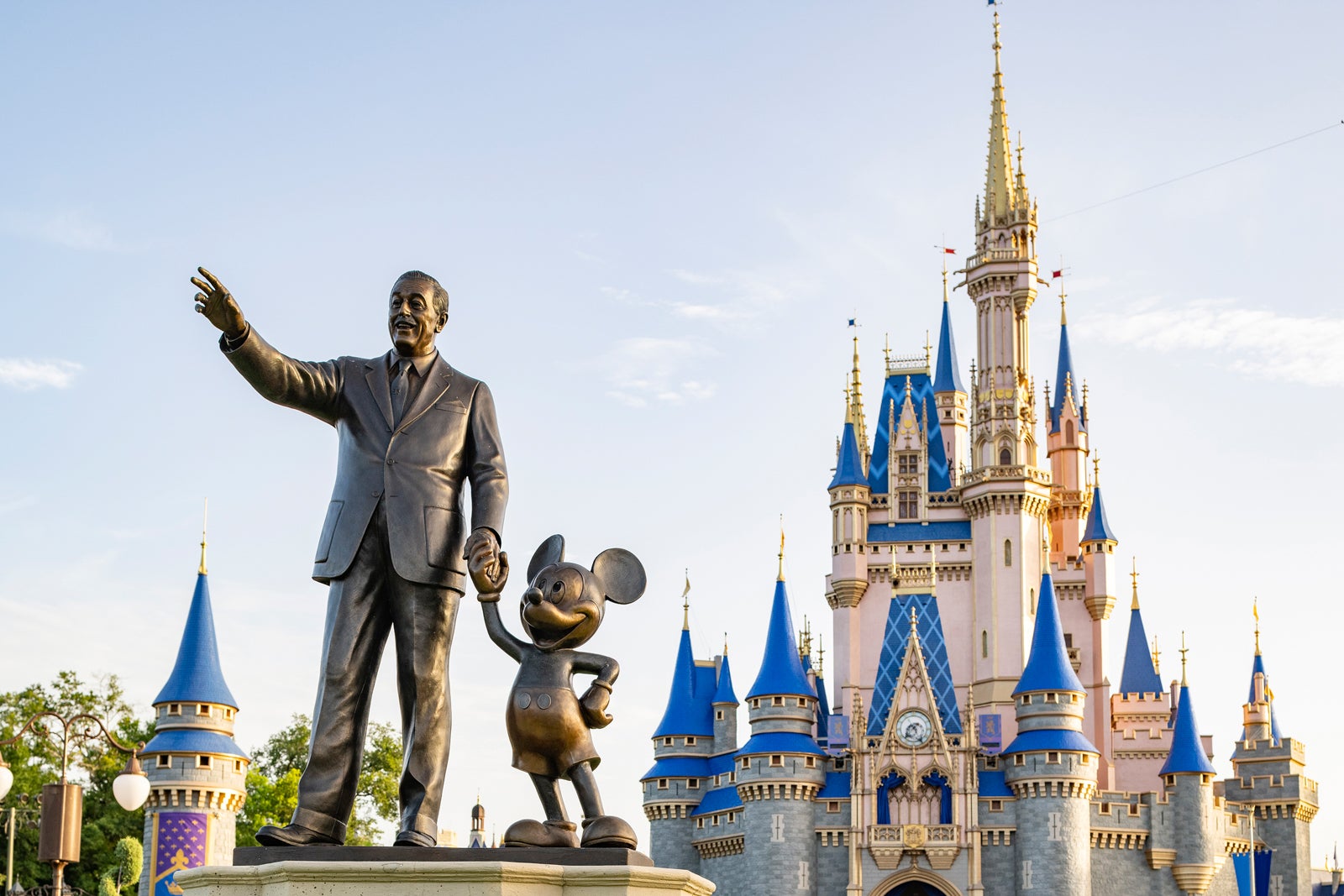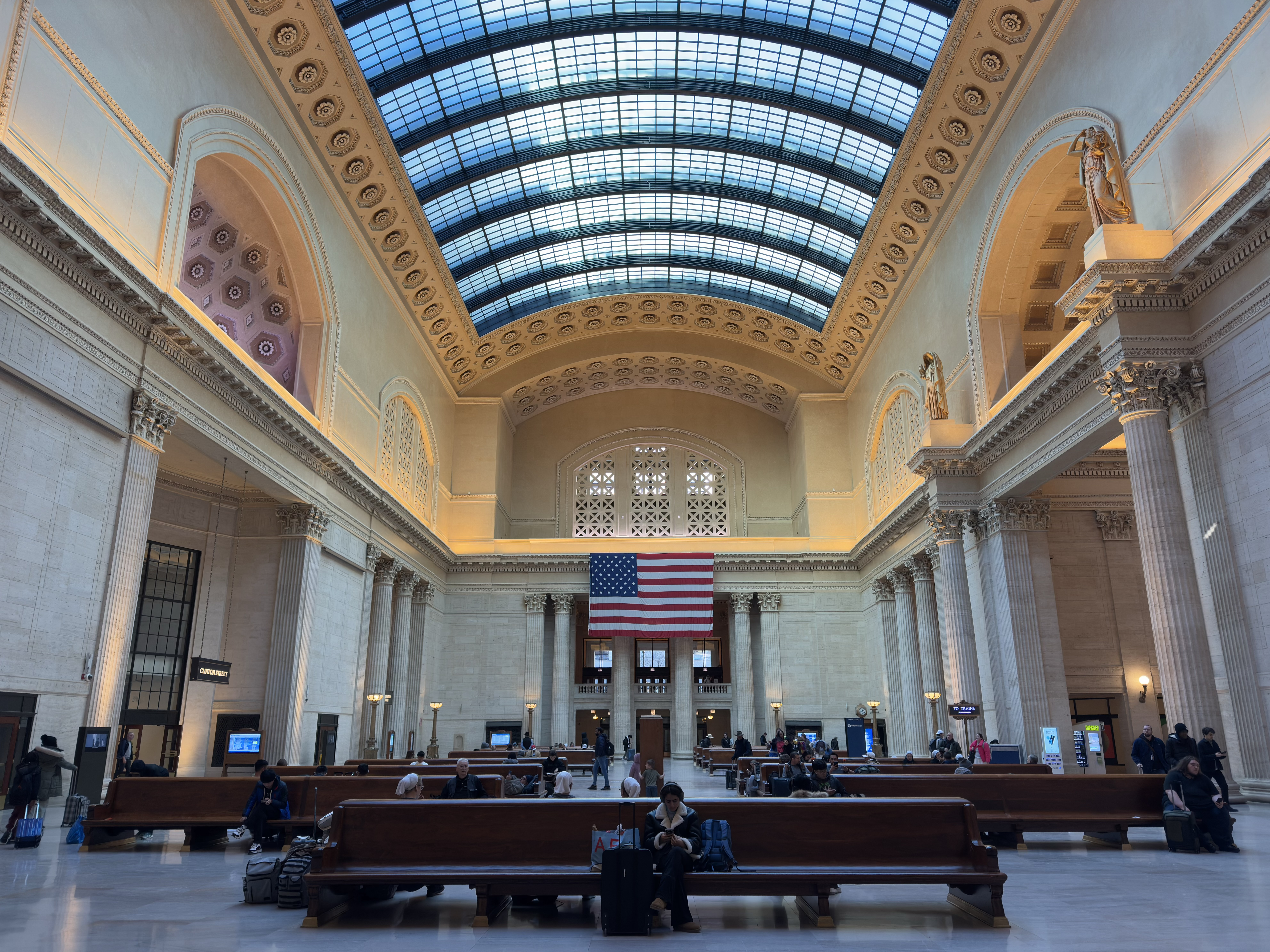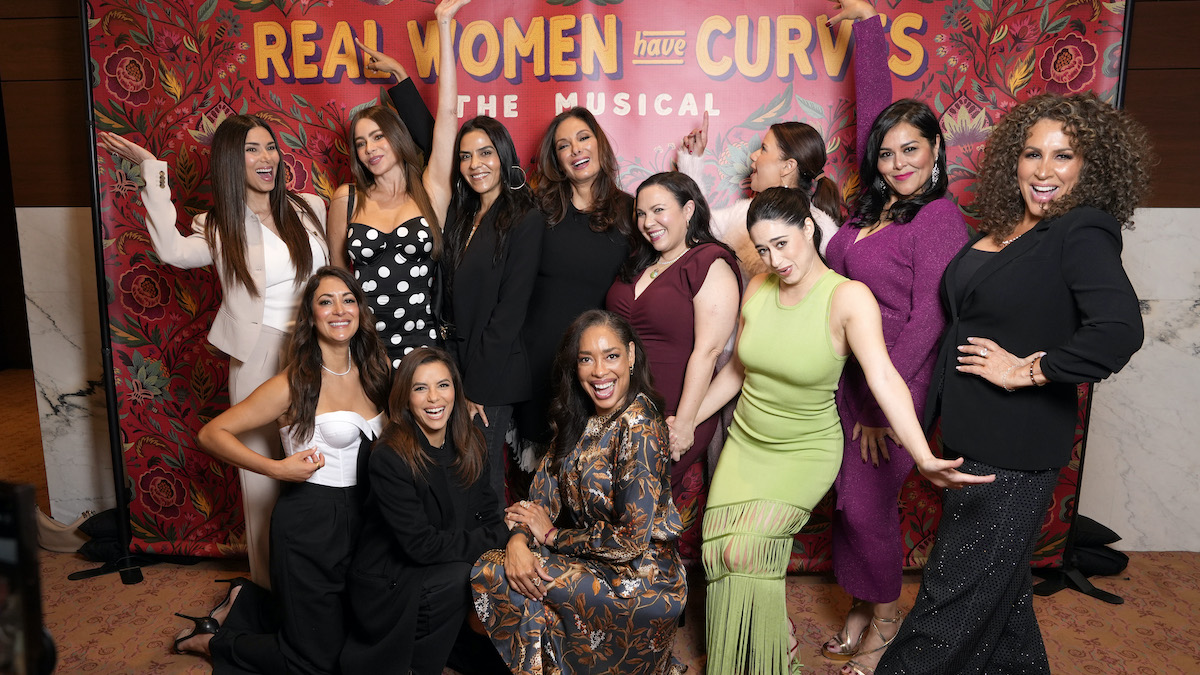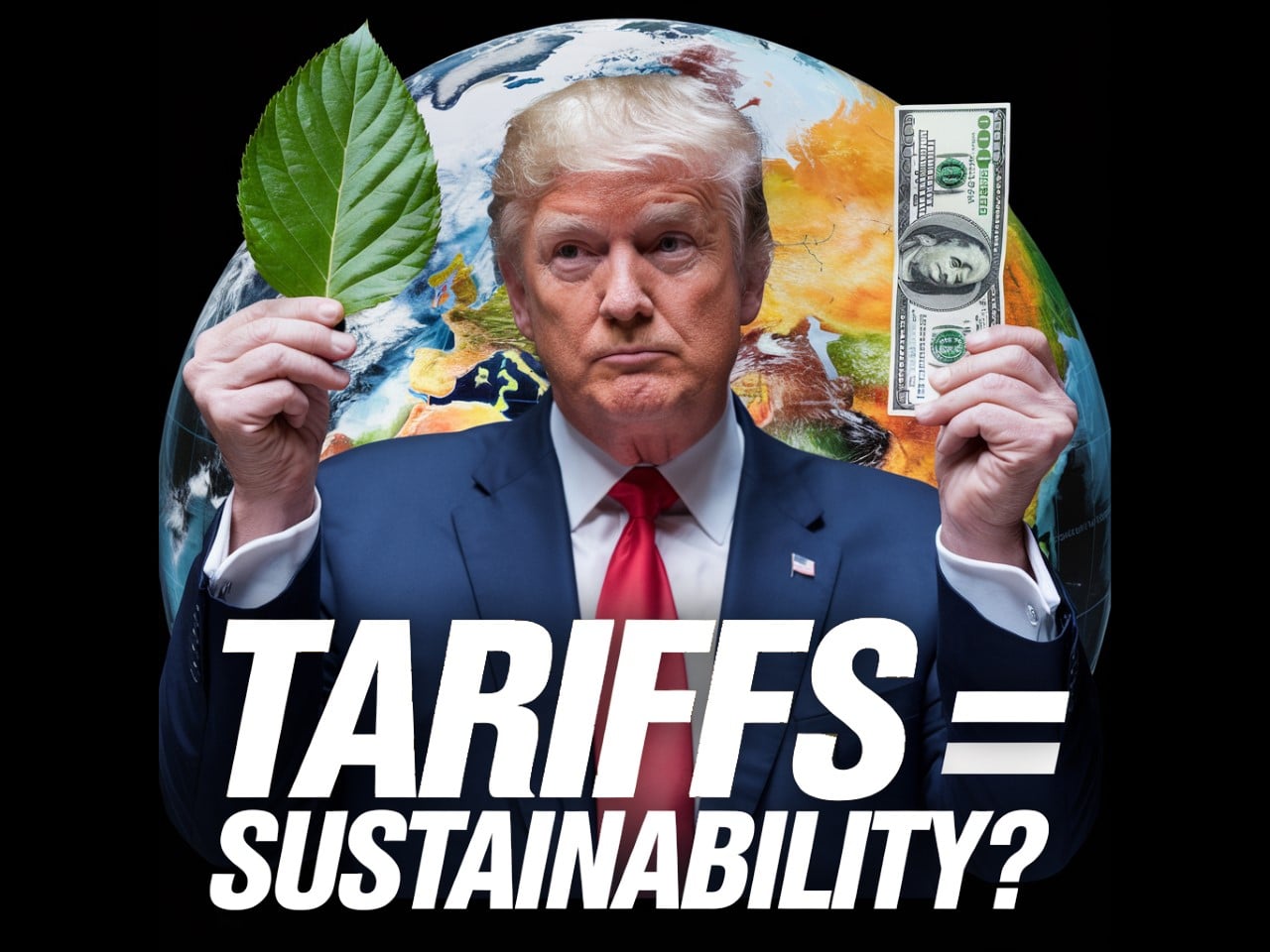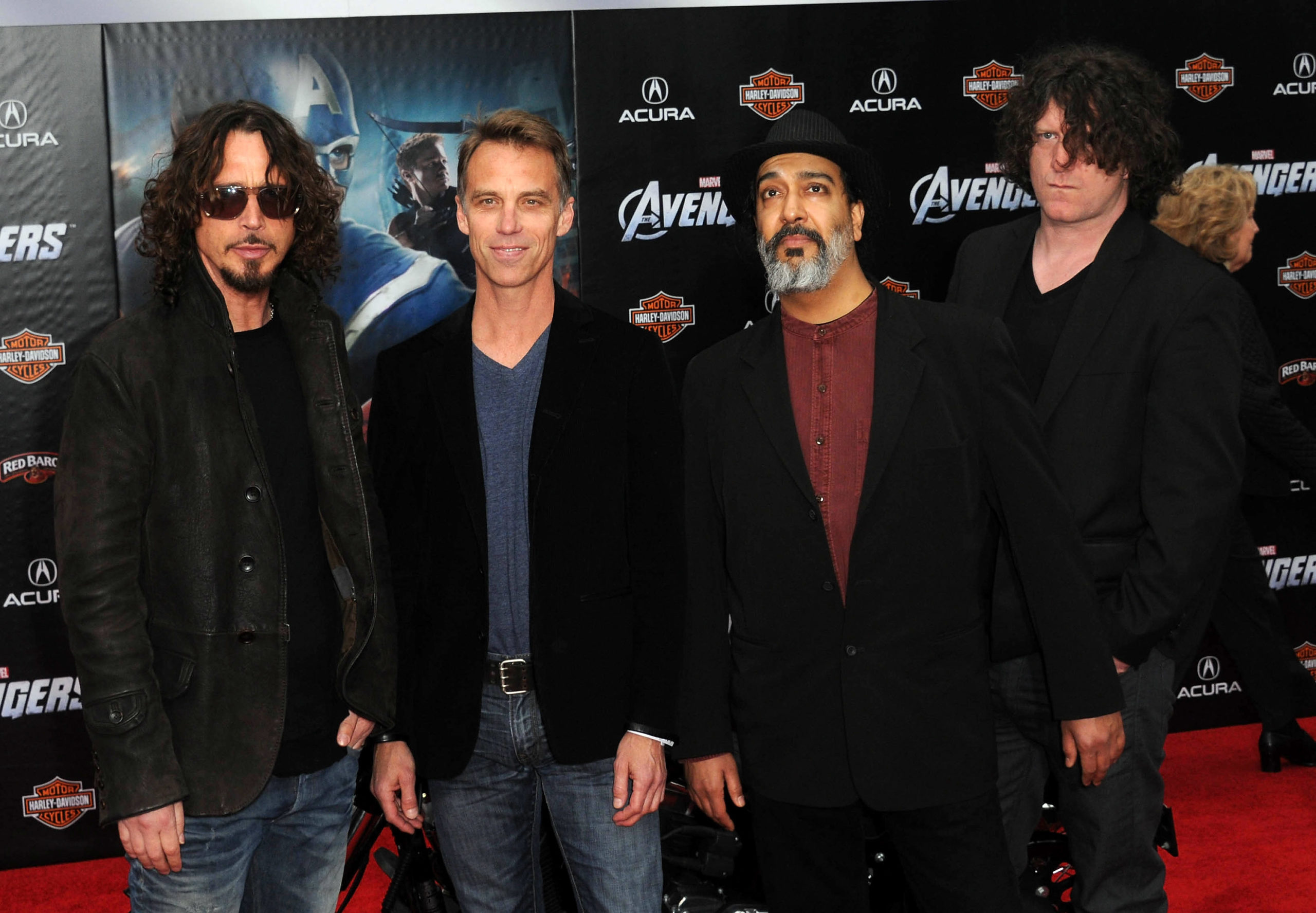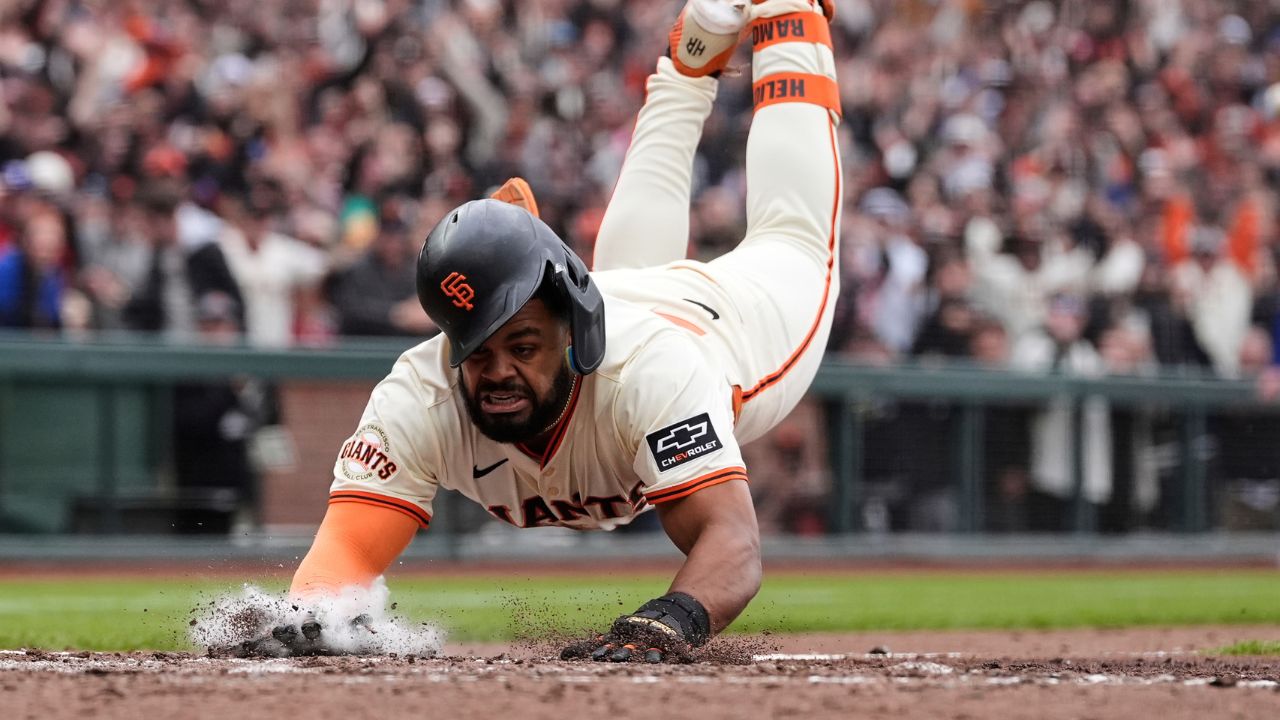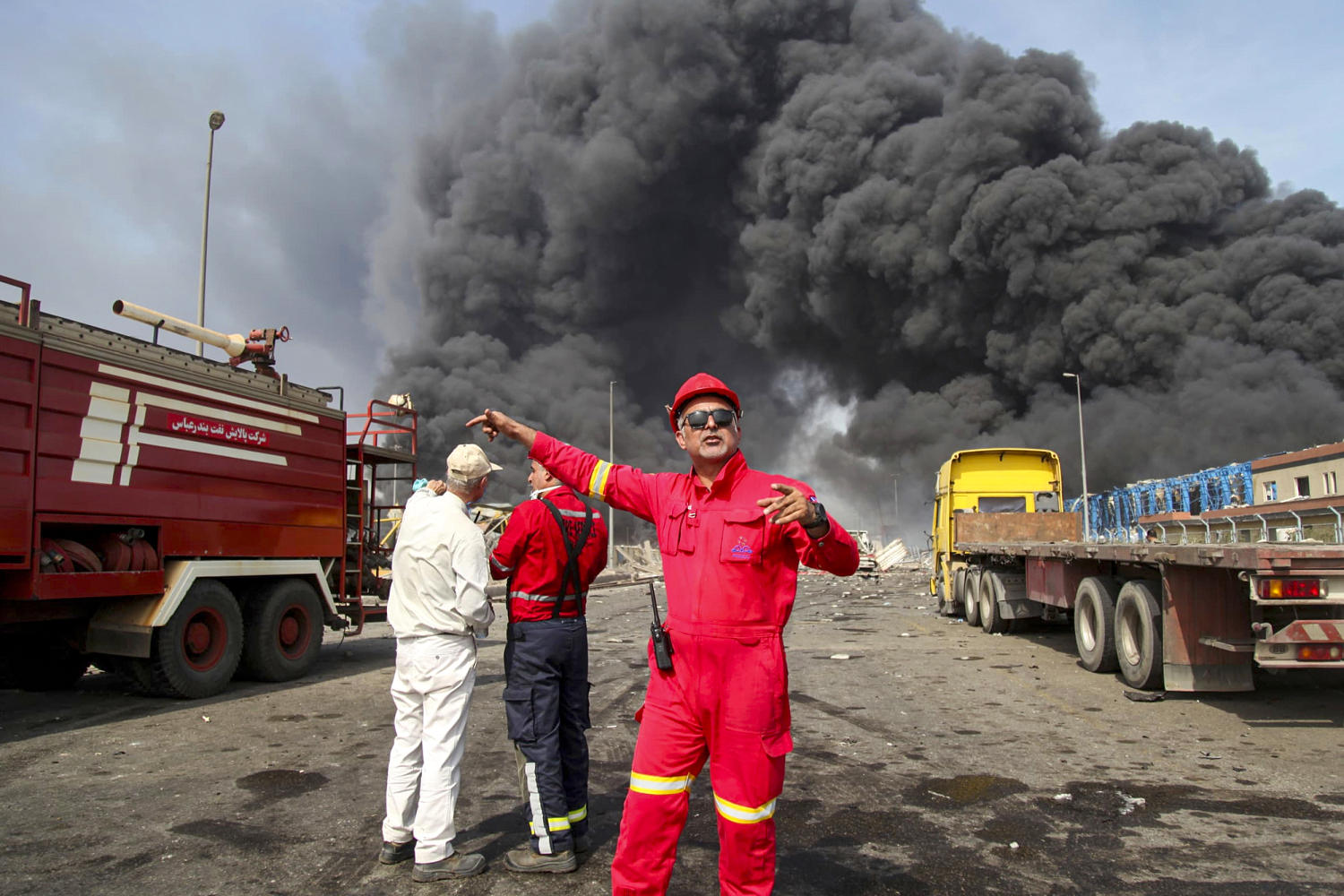What Trump will never understand about the Kennedy Center
Two instances, one involving an “avant-garde” program and the other a traditional one, provide counterpoints to Trump’s unpolished maneuvers at the Center.

As one of the foremost performing arts institutions in the country, the John F. Kennedy Center for the Performing Arts in Washington has long provided a voice to the country that is hard to distinguish ideologically. The Trump administration’s hostile takeover aims to change that.
In February, Trump fired the Kennedy Center’s leadership and appointed himself chair. He wishes to end DEI and “woke” programming and instead showcase classics. Many artists canceled. Others stayed, noting that art speaks for itself.
Last week, the administration fired more senior officials there, and the ones who have stayed note they live in fear.
Two instances, one involving an “avant-garde” program and the other a traditional one, provide counterpoints to Trump’s unpolished maneuvers at the Center.
On the avant-garde, this month the Center presented the celebrated British-Bangladeshi choreographer-dancer Akram Khan’s retelling of the classic Indian epic the Mahabharata in 70 minutes of spell-binding dance.
Khan’s choreography and music blend several classical Indian genres. The avant-garde lies in pushing the boundaries of the old to create something new. Like every other place on earth, the “puritans” in India can often be heard complaining when their notion of the “classical” changes.
To the Kennedy Center audiences, Khan represents globalized arts. Like foreign-manufactured goods in a tariffs-obsessed Washington, that label might itself make people think that Khan’s dance forms with non-white people are part of DEI.
Khan’s Mahabharata is called “Gigenis.” The title comes from Greek mythology, meaning earth-born. Khan’s genius: Indian classical dance is earth-bound, while in Western ballet feet take flight. In signaling Greek mythology and in re-presenting an Indian epic, we expect a drama of epic proportions. Khan’s program notes explain the Mahabharata as a story about a “family breaking up because they want power. I used that idea to revisit that old story of what power and greed can do to a family and what it can do to people.”
We reflect on epics like we reflect on our families. After the passions, wars and killings, we are left wondering about our history. We look back at the Homeric myths the same way that we see Mahabharata. We see our heroics and frailties in these epics.
Storytellers — be they filmmakers, novelists or choreographers — provide the contemporary meanings. They contain multitudes.
Let’s now turn to something traditional: opera. The Kennedy Center continually presents some of the most conservative performances of opera anywhere in the world, foremost in its stage and artistic directions. Characters in “Macbeth” appear in vaguely Scottish costumes, Madama Butterfly wears a kimono and characters in “Tosca” wear what we think they wore in 19th-century Rome. One would be hard put to find such performances anywhere in the opera strongholds of Berlin, Paris or New York
Every now and then, the Kennedy Center breaks out of its shell to present new works, such as the current offering of an opera about Steve Jobs, or an earlier opera about drones in warfare, are examples. These are American stories, and the Kennedy Center is the appropriate place to premier them.
Opera — like all art — in 21st century must create new meanings, sometimes through the insights of critical theory (there, I said it, even though libertarians such as myself recoil from it). In this vein, Edward Said, one of the founders of critical theory, notes in his essay about Verdi’s “Aida” that although this opera was written as an imperial project for the opening of the Suez Canal, knowing its politics need not deter us from enjoying the music.
Edward Said himself paved the way. With the Jewish conductor Daniel Barenboim, he founded the Barenboim-Said Academy in Berlin after creating the Divan Orchestra, which brings together Israeli, Palestinian and Middle Eastern musicians. This is the Said who taught in the Middle East Studies department at Columbia University and has so rankled Trump’s allegedly pro-Jewish sympathies.
The Said-Barenboim academy finds new meanings in Wagner, Hitler’s favorite composer, who was mostly banned in Israel for decades.
The Robert Bosch Academy, where I am a fellow, is located opposite the Said-Barenboim Academy in Berlin. The fellows met with Barenboim himself a few years ago. I asked Barenboim how he found music in Wagner and other composers when his dear friend Said found politics. He looked at me intently and said, “We disagreed on that sometimes. I always find the music.”
Barenboim’s statement could mean that he saw more than critical theory in music. Most of us would agree. We should also reflect on the fact that a Jewish conductor was eager to play Wagner, while his Palestinian critical theorist friend would hesitate.
Art is almost always pluralistic and polysemic. Trump’s ideas of "non-woke” programming will be a failure, foremost because institutions like the Kennedy Center have always presented the traditional even when presenting the avant-garde. To go to the right of the traditional is the path toward cultural fascism.
President Kennedy’s legacy to our country is bedecked with quotes from him. One of them reads, “And I look forward to an America which commands respect throughout the world not only for its strength but for its civilization as well. And I look forward to a world which will be safe not only for democracy and diversity but also for personal distinction.”
Trump’s performative spectacles, like his hostile takeover of the Kennedy Center, are almost always crude pronouncements of undemocratic strength. To have a poet or a singer sing his song, he would need to show some art or grace. With the subtlety of Attila the Hun, Trump is unlikely to deliver.
J.P. Singh is Distinguished University Professor at Schar School of Policy and Government at George Mason University and Richard von Weizsäcker Fellow with the Robert Bosch Academy (Berlin). He is co-editor-in-chief of Global Perspectives.
